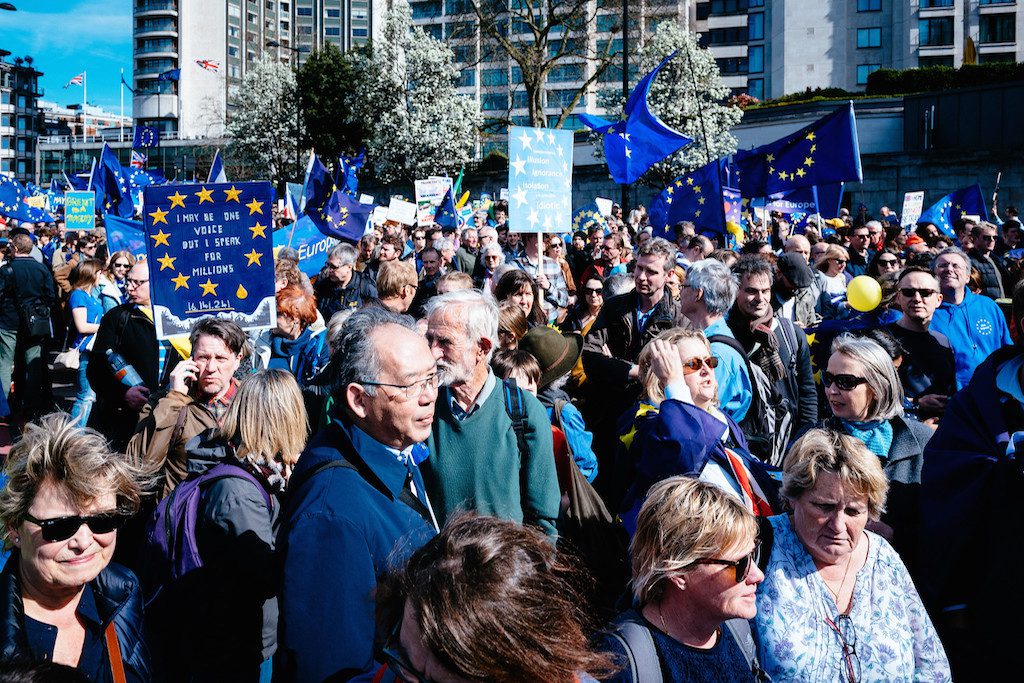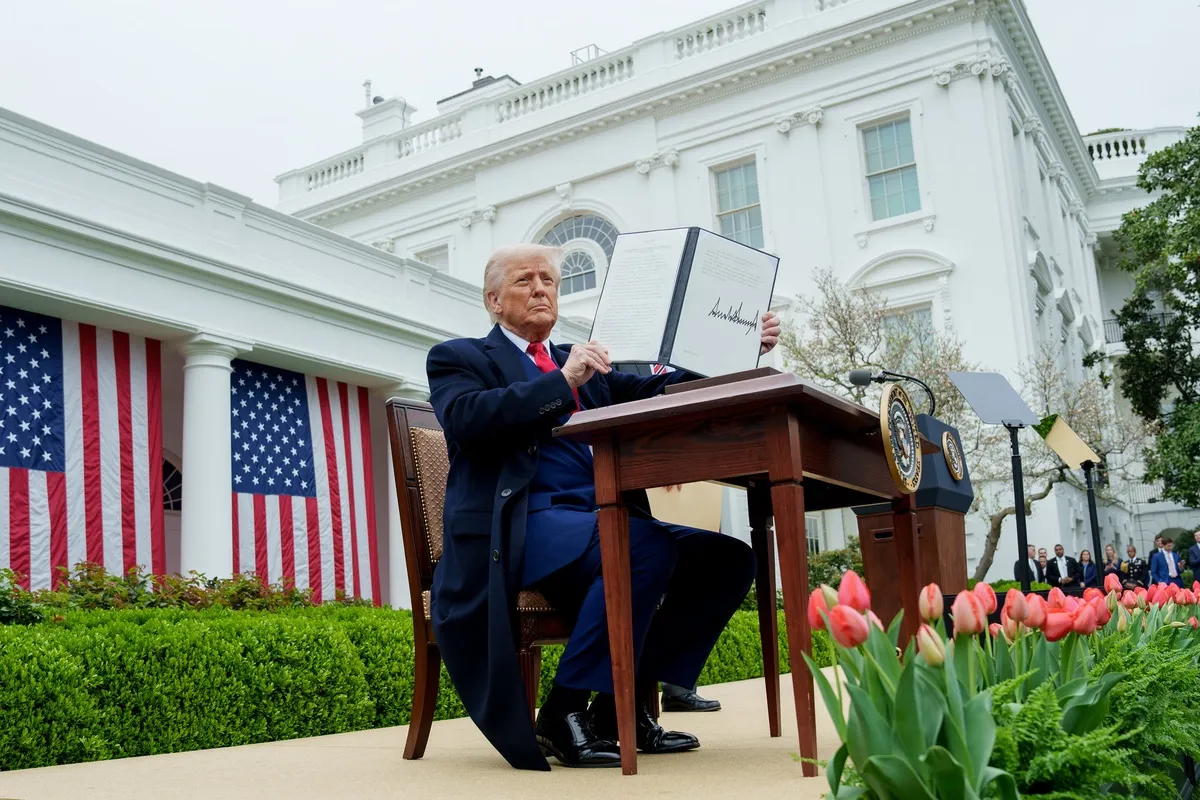What Political Unrest Means for Global Biz Travel in the Coming Year

Skift Take
While contentious social and political issues unfold, many companies go into wait-and-see mode, holding back on travel spending until a resolution emerges. The lack of demand often affects pricing.
In the coming year, travel pricing is set to slow globally, even as the overall economy remains healthy, according to data released by the Global Business Travel Association (GBTA) and travel management company CWT. Europe, in particular, could see a slowdown due to tensions surrounding Brexit, as well as labor unrest, climate change protests, and regional terrorism.
As businesses react by spending less on travel, hotels and airlines will see fewer corporate bookings, which may even translate into lower commissions for travel management companies. This all points to a lackluster year for corporate travel globally.
“The risks and ambiguity have increased over the past few months,” said Kurt Ekert, CEO of CWT. “Not least the threat of escalating trade wars, possible oil supply shocks, and the growing likelihood of recession.”
Prices for both air and ground transportation in western Europe are set to grow only 0.5 percent in 2020, while hotel prices are set to grow only 0.7 percent, according to the data. Meanwhile, air prices in eastern Europe are actually set to decrease, while hotel prices remain flat.
The anxiety surrounding Brexit is one of the main drivers of these sluggish numbers. Although Brexit is scheduled to happen on October 31, uncertainty over issues like immigration will likely cause a lingering impact, according to CWT.
Across the region, labor disputes have come to a boil, with protests flaring up in both eastern and western Europe. In particular, the May Day protests saw trade unionists and anti-capitalists marching in cities like Paris, Berlin, and St. Petersburg, leading to major clashes between demonstrators and authorities. Meanwhile, there are continuing protests over climate change legislation.
Political issues are likely to have a more lasting effect on pricing, as they often have no set end date, lasting for months or longer, according to the GBTA.
The impact of political tensions also transferred to both the U.S. and Asia Pacific, though not as dramatically. Airfare and hotel prices in North America will each rise 2.3 percent in 2020, though GDP in the U.S. is anticipated to continually slow over the next two years, according to the report.
Meanwhile, both airfare and hotel prices in Asia Pacific will grow only 1.3 percent in the coming year. This is despite the fact that Japan will be hosting the 2020 Olympics and Paralympics in Tokyo, along with the Rugby World Cup later this year. However, even as demand surges during those times, an increasing number of hotels and alternative accommodations will meet that demand, reigning in prices.
The primary driver of the slowdown is the trade war between the U.S. and China, though increasing competition and rising oil prices are also factors. In an earnings call last week, Hilton reported that uncertainty surrounding U.S.-China relations had caused corporate bookings in the U.S. to weaken, as travelers become more cautious, leading to lower revenue growth in both the U.S. and Asia-Pacific.
Increasing competition and rising oil prices were also factors in the forecast for Asia Pacific. The shutdown of India's Jet Airways in April created a gap in the market, meaning lower competition, which caused airfare to rise. But as other airlines have added capacity to fill the gap, prices have begun to normalize again. Meanwhile, if the cost of oil increases, budget airlines will be most heavily affected.
That being said, the business travel association was tentative yet hopeful in its long-term outlook for travel pricing.
"Our baseline forecast is that the slowdown will not last long-term and we will see gradual improvement in economic growth over the next few years, which should support growing business travel demand and higher prices," said Scott Solobrino, chief operating officer at GBTA. "However, we will need resolution on a U.S.-China trade deal to get things moving in the right direction again."




